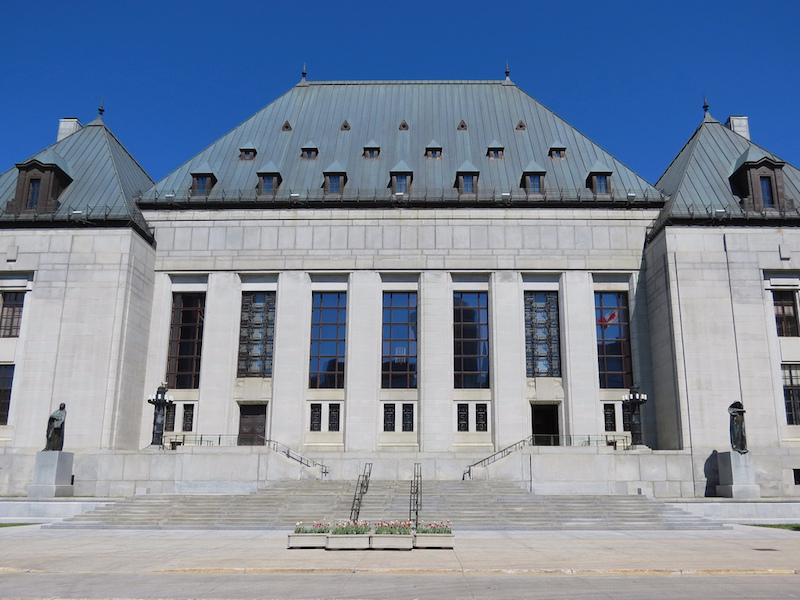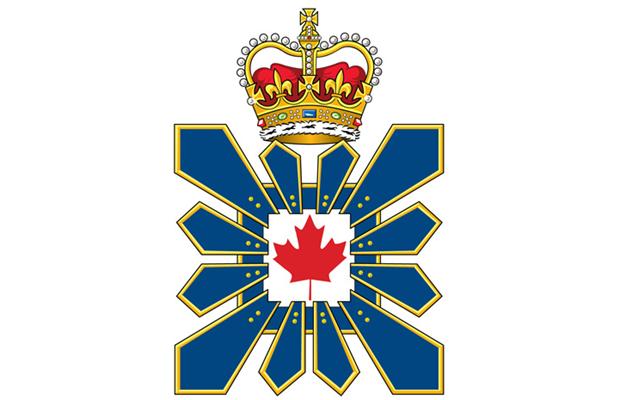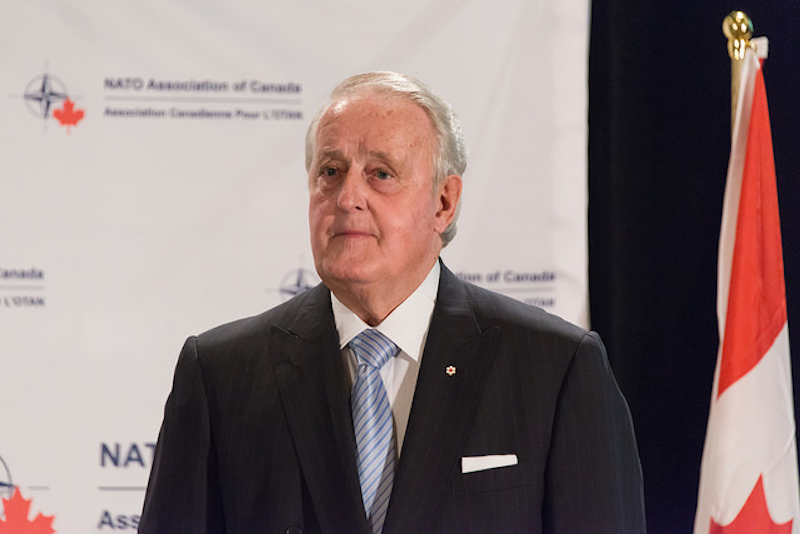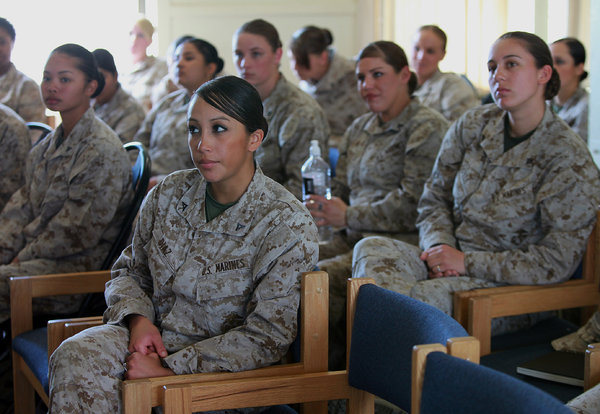Supreme Court Justice Rosalie Silberman Abella became the first Canadian woman to receive an honorary degree from Yale University to recognize her successful legal career. She is one of the four Canadians to receive the distinction, the others being, Lester B. Pearson, William Lyon Mackenzie King, and Vincent Massey. However, being “first” is not new to Justice Abella, as her accomplishments have set her apart from others in her field.
Throughout her legal career, Abella has become a leading example of female empowerment and a strong champion of human rights. She received her B.A. and LL.B. from the University of Toronto and has been the recipient of numerous prestigious awards and honours, including 35 honourary degrees.
After being called to the Ontario Bar in 1972, Abella practiced civil and criminal litigation for only four years when she was appointed to the Ontario Family Court at the age of 29. She was the youngest, and first pregnant person to be appointed to the judiciary in Canada. In this position, she served on the Ontario Human Rights Commission and Ontario Law Reform Commission. In 1984, she was made the first woman chair of the Ontario Labour Relations Board and in 1988 the first woman in the British Commonwealth to become the head of a Law Reform Commission.
She was also the sole Commissioner and author of the 1984 federal Royal Commission on Equality in Employment in which she coined the term “employment equity.” Her theories of equality and discrimination described in the report were adopted by the Supreme Court in its first decision dealing with equality rights under the 1982 Charter of Rights and Freedoms and subsequently implemented by the governments of Canada, New Zealand, Northern Ireland, and South Africa. In 2004, Abella was the first Jewish woman graduate from the University of Toronto to be appointed to the Supreme Court of Canada.
She has also been “first” in a series of honours and awards, including the first sitting judge elected to be a fellow of the Royal Society of Canada, first incumbent of the James R. Bullock Visiting Chair in Canadian Studies at the Hebrew University in 1999, and first woman to receive the Distinguished Alumnus Award from the University of Toronto Faculty of Law.
Throughout her legal career, Abella has also been an active advocate for Canadian judicial education. She organized the first judicial seminar in which persons outside the legal profession were invited to participate, first national education program for administrative tribunals, and first national conference for Canada’s female judges.
Abella’s achievements are truly inspiring. She is a role model for all in fighting injustice and is considered one of Canada’s key human rights experts. Abella credits her motivation largely as a product of her upbringing. Justice has been an enshrined value to her from the beginning, as she was born to two Holocaust survivors in a refugee camp in Stuttgart, Germany during the Nuremberg trials. Her father had acquired a law degree from the University of Krakow before the war, but never had the chance to practice law in Poland. These experiences shaped the young Abella, who immigrated to Canada at a young age. Since then, she has dedicated her legal career to being a long-time defender of human rights, children’s rights, refugees, religious minorities, and women. Even as her career is progressing, it is without doubt that she will continue to advance these aims as the woman of “firsts.”
Photo: Supreme Court of Canada (2013), by Robert Lindsell via Flickr. Licensed under CC BY 2.0.
Disclaimer: Any views or opinions expressed in articles are solely those of the authors and do not necessarily represent the views of the NATO Association of Canada.




